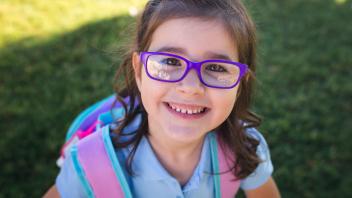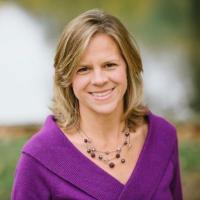Parents of kids who struggle in school want to help their child in any way they can. This is especially true for parents of kids with learning disabilities. I’ve sat through many conferences with parents of a child with LD who are eager to find “the thing” — the type of instruction, the experience, or the treatment that will help their child struggle less and succeed in school. Unfortunately, there’s a lot of junk out there claiming to be that “thing” that will “treat” a child’s learning disability. Fortunately, there’s a new resource to help parents navigate their way through claims that are too good to be true. The National Center for Learning Disabilities (NCLD) website has a section dedicated to Treatments and Therapies . Within the pages, you’ll read about some warning signs of bogus treatments (Does it sound too good to be true? Is the treatment based on a secret formula?) and some things to look for (Are there well-designed studies? Have those findings been replicated?) Browsing through the articles, you’ll find information about Convergence Insufficiency , an eye coordination disorder, auditory training therapy , and some thoughts to consider if you’re thinking about complementary and alternative therapies . The NCLD pages are helpful, though no specific products or therapies are mentioned by name. There are other reliable, no-nonsense sources of information that I use fairly regularly. These include John Lloyd’s LD Blog where you can read about many topics that surround the topic of LD, including advocacy, interventions, instructions, and research (and be sure to read the “bologna” articles!), and Daniel Willingham’s Science and Education blog , where Dr. Willingham writes on a wide variety of topics (most recently tracking and math self-concept and the vocabulary development of toddlers ). October is LD Awareness Month, so I hope you’ll use these resources — and others — to become a good consumer of information about LD!
Publication Date
October 7, 2013

